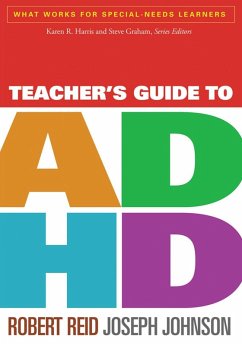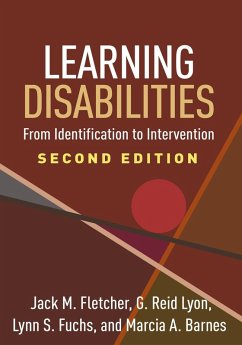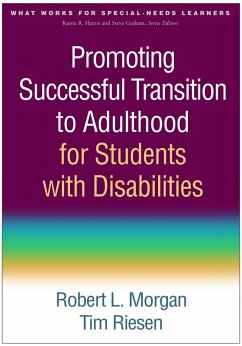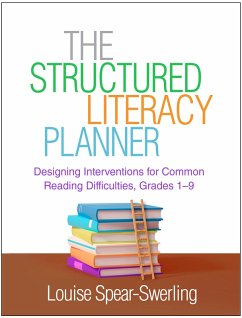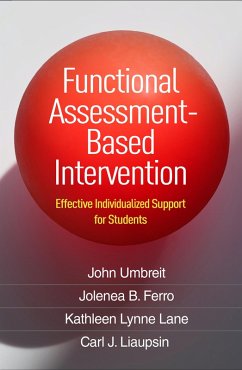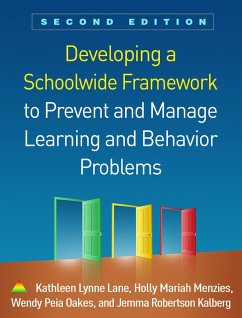
Executive Function in Education (eBook, ePUB)
From Theory to Practice
Redaktion: Meltzer, Lynn
Versandkostenfrei!
Sofort per Download lieferbar
34,95 €
inkl. MwSt.
Weitere Ausgaben:

PAYBACK Punkte
17 °P sammeln!
This groundbreaking volume, now revised and updated, has given thousands of educators and clinicians a deeper understanding of executive function (EF) processes in typically developing children and those with learning difficulties and developmental disabilities. The book elucidates how PreK-12 students develop such key capacities as goal setting, organization, cognitive flexibility, working memory, and self-monitoring. Leading experts in education, neuroscience, and psychology explore the links between EF and academic performance and present practical applications for assessment and instructio...
This groundbreaking volume, now revised and updated, has given thousands of educators and clinicians a deeper understanding of executive function (EF) processes in typically developing children and those with learning difficulties and developmental disabilities. The book elucidates how PreK-12 students develop such key capacities as goal setting, organization, cognitive flexibility, working memory, and self-monitoring. Leading experts in education, neuroscience, and psychology explore the links between EF and academic performance and present practical applications for assessment and instruction. Exemplary practices for supporting students with EF difficulties in particular content areas--reading, writing, and math--are reviewed. New to This Edition *Updated throughout with a decade's worth of significant advances in research, theory, and educational best practices. *Chapter on early childhood. *Chapter on embedding EF strategies in the curriculum *Expanded coverage of reading--chapters on recent fMRI research findings; working memory and reading; and self-regulation and reading comprehension. See also Meltzer's authored book Promoting Executive Function in the Classroom, which provides easy-to-implement assessment tools, teaching techniques and activities, and planning aids.
Dieser Download kann aus rechtlichen Gründen nur mit Rechnungsadresse in A, D ausgeliefert werden.




